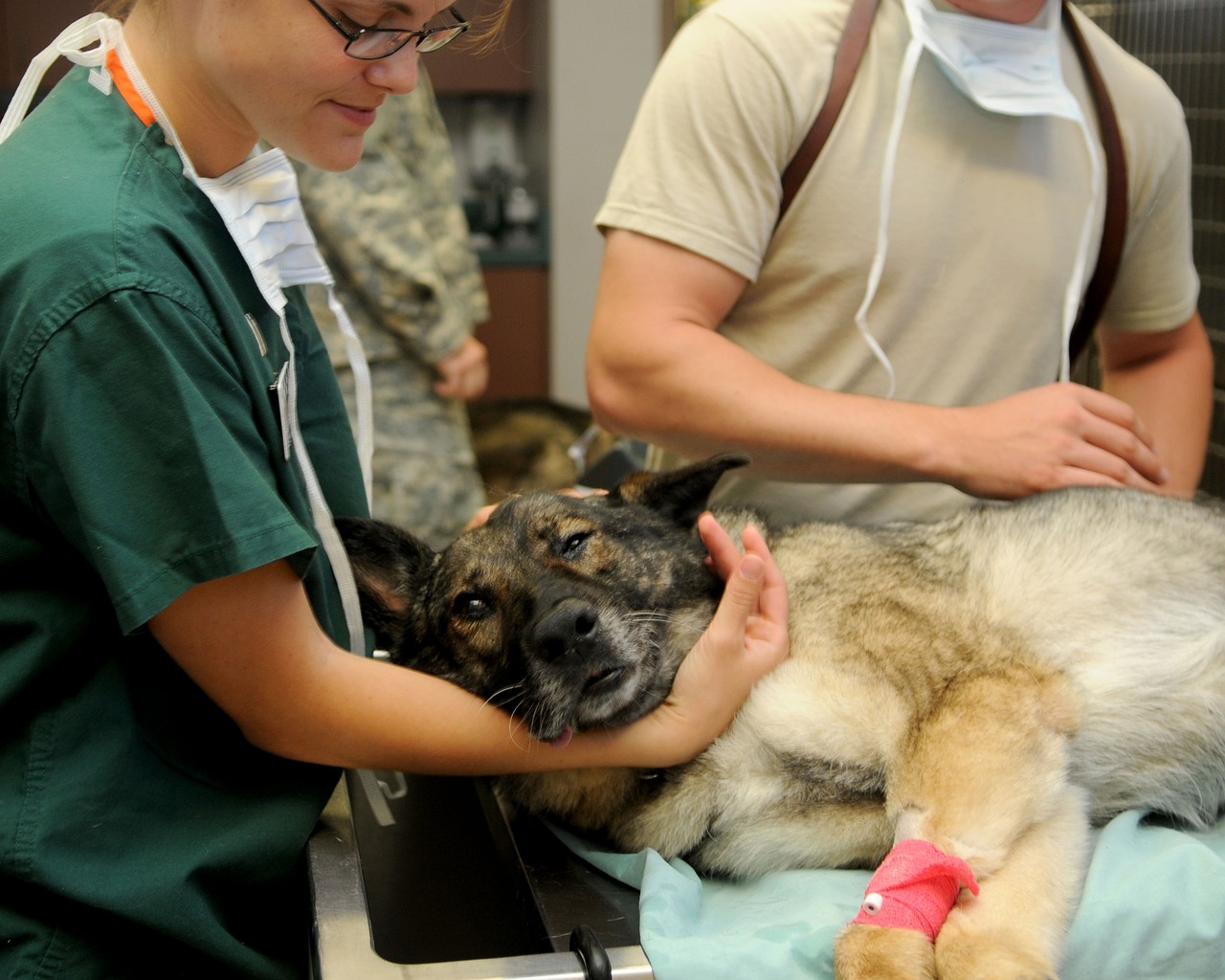Animal Laboratory Technicians play a crucial role in the veterinary industry by ensuring both the health and welfare of animals during research. Their specialized skills support laboratories, universities, and veterinary hospitals in maintaining ethical standards and generating accurate results. Consequently, hiring top talent not only enhances operational efficiency but also contributes to stronger research outcomes and better overall performance for veterinary practices. In addition, the right technician helps reduce costs, improve compliance, and streamline animal care processes—making them an indispensable member of the team.
Why Hire an Animal Laboratory Technician?
Animal Laboratory Technicians are vital for organizations that want to improve animal welfare while achieving accurate and reliable research outcomes. Because they bring a blend of technical knowledge, ethical awareness, and hands-on skills, they directly influence the quality of data produced in veterinary laboratories. Moreover, their ability to manage animals under care reduces stress and ensures humane treatment throughout the research process.
Key reasons to hire an Animal Laboratory Technician include:
-
Streamlined Operations: Skilled technicians keep laboratory procedures running smoothly. They manage daily tasks like animal care, sample collection, and record-keeping, which allows veterinarians and researchers to focus on higher-priority activities.
-
Improved Animal Welfare: Trained professionals monitor animal health and behavior closely. As a result, they help reduce stress and create healthier environments for animals used in research.
-
Enhanced Data Accuracy: By following strict data management protocols, Animal Laboratory Technicians ensure that records are precise. Accurate data is crucial for research validity and supports informed decision-making.
-
Cost Efficiency: Hiring specialized technicians minimizes errors, improves workflow, and reduces wasted resources. Therefore, veterinary practices can see stronger financial performance.
-
Compliance and Safety: These professionals are knowledgeable about legal and ethical regulations. Consequently, they help laboratories stay compliant with industry standards and reduce the risk of penalties or reputational harm.
Types of Animal Laboratory Technician Roles
Because research organizations and veterinary hospitals vary in their needs, Animal Laboratory Technicians specialize in different roles. Understanding these variations helps employers hire the right fit for their practice.
-
Veterinary Technician: Assists veterinarians during diagnostics and surgeries. They monitor anesthesia, care for animals, and are indispensable in emergency situations.
-
Laboratory Animal Technician: Specializes in caring for laboratory animals, ensuring their health and comfort. Their role is essential for both ethical standards and reliable research results.
-
Research Animal Technician: Focuses on supporting scientific studies. These professionals handle experiment setup, animal handling, and detailed data collection.
-
Clinical Laboratory Technician: Works directly with biological samples. They perform diagnostics that aid veterinarians in treatment decisions and ensure results are timely and accurate.
-
Wildlife Technician: Provides specialized care for wild animals in research or conservation projects. Their expertise supports studies on habitats, behaviors, and biodiversity.
Because each role serves a different function, employers benefit from carefully defining their needs before starting recruitment.
Where to Find Animal Laboratory Technicians
Finding qualified Animal Laboratory Technicians can be challenging, especially since the talent pool is limited. However, with the right approach, employers can expand their reach and improve hiring success.
-
Online Job Boards: Platforms like Indeed and Glassdoor provide wide access to candidates. Yet, while they offer volume, the challenge lies in properly vetting applicants.
-
Staffing Agencies: Specialized veterinary staffing agencies, such as Pulivarthi Group, deliver pre-vetted candidates. This saves time and ensures each hire aligns with your requirements.
-
Professional Networks: LinkedIn and similar platforms connect employers with professionals already active in the industry. Although helpful, extra effort is required to validate qualifications.
-
Veterinary Schools: Partnering with universities produces a pipeline of fresh graduates. While these candidates often lack extensive experience, they bring up-to-date academic training.
Because each sourcing method has strengths and limitations, many organizations combine multiple approaches to secure the best candidates.
Challenges in Hiring Animal Laboratory Technicians
Hiring these technicians is not without challenges. In fact, employers often encounter several common obstacles:
-
Assessing Skills: Interviews alone may not reveal hands-on capabilities. Without practical evaluations, it is difficult to gauge real-world performance.
-
Cultural Fit: If technicians do not align with company culture, turnover rises, morale falls, and productivity declines.
-
High Turnover Rates: Veterinary practices often face high staff turnover, which disrupts workflow and increases costs.
-
Compliance Concerns: Ensuring candidates understand ethical, legal, and safety standards is crucial. Failing in this area can create serious liabilities.
-
Limited Talent Pool: Because the role requires specialized knowledge, finding qualified candidates may require expanding the search or working with staffing partners.
However, employers can overcome these challenges by using structured evaluations, prioritizing cultural fit, and partnering with staffing agencies.
Qualifications and Licenses
The qualifications required for Animal Laboratory Technicians vary by state and employer. Nevertheless, most practices seek candidates with both academic and practical preparation.
-
Associate’s Degree: Typically in veterinary technology or animal science, providing essential knowledge in animal care and laboratory practices.
-
Certified Veterinary Technician License: Many states require technicians to be licensed, ensuring compliance with local laws.
-
Continuing Education: Because veterinary medicine evolves rapidly, technicians are often required to attend ongoing training.
-
Practical Experience: Employers strongly prefer candidates with hands-on experience in laboratory or animal care settings.
For certification requirements, employers can reference the American Association of Veterinary State Boards (AAVSB) (aavsb.org).
Sample Job Description
Job Overview
The Animal Laboratory Technician provides care for laboratory animals, assists with experiments, and supports research through accurate data collection.
Key Responsibilities
-
Monitor animal health and welfare.
-
Collect samples and manage laboratory records.
-
Maintain and sanitize laboratory equipment.
-
Assist veterinarians and researchers in experimental procedures.
Qualifications
-
Associate’s degree in veterinary technology.
-
Relevant certifications or licensure.
-
Strong attention to detail, communication, and teamwork.
Sample Interview Questions
Employers should go beyond general questions and focus on scenario-based prompts:
-
What laboratory techniques are you most comfortable with?
-
How do you handle stressful or high-volume work periods?
-
Describe your direct experience in animal care and handling.
-
Which protocols would you follow in an emergency involving animals?
-
How do you stay updated with industry standards and regulations?
When Should You Hire?
Organizations should consider hiring when launching new studies, expanding services, or experiencing staff shortages. Furthermore, hiring is necessary when current teams lack specific skills required for complex research. In addition, practices should not wait until burnout affects existing staff before filling vacancies. Proactively hiring ensures smoother operations and higher morale.
How to Test Skills
To accurately assess candidates, employers should use real-world testing methods rather than relying solely on interviews:
-
Role-specific assessments.
-
Practical, on-the-job tasks.
-
Past project reviews.
-
Simulation exercises.
By combining these approaches, employers ensure they select candidates with both technical skills and adaptability.
Cultural Fit Assessments
Because cultural fit drives retention, employers should incorporate it into the hiring process. For example:
-
Situational Questions: Pose scenarios to gauge responses.
-
Values Alignment: Compare candidate values to company mission.
-
Team Involvement: Allow staff to participate in interviews.
-
Communication Reviews: Observe tone, clarity, and collaboration style.
When done properly, this process ensures long-term success.
Average Salary in the U.S.
The salary of an Animal Laboratory Technician generally ranges from $35,000 to $50,000 annually, depending on experience, specialization, and location. Entry-level candidates typically earn less, while experienced technicians in urban or research-heavy markets can command higher pay. Because demand is growing, salaries are trending upward in most regions.
For salary data, see the U.S. Bureau of Labor Statistics (bls.gov).
Standard Operating Procedures (SOPs)
Employers should establish SOPs to ensure safety, consistency, and compliance:
-
Animal Handling Procedures – to safeguard both animals and staff.
-
Sample Collection Protocols – to improve accuracy and consistency.
-
Cleaning and Sanitization Standards – to prevent contamination.
-
Emergency Response Procedures – to handle animal health incidents.
Because SOPs standardize work, they improve outcomes and reduce risk.
Retention Strategies
Hiring is only half the battle; retaining technicians is equally important. Practices can boost retention by:
-
Offering competitive salaries and benefits.
-
Creating a supportive and respectful workplace.
-
Providing ongoing training and development.
-
Encouraging work-life balance and flexible schedules.
When employees feel valued, they are far more likely to remain loyal.
Hire Animal Laboratory Technicians with Pulivarthi Group
Pulivarthi Group specializes in veterinary staffing solutions, offering access to pre-vetted Animal Laboratory Technicians who bring expertise, professionalism, and reliability. Because we understand the unique challenges of the veterinary industry, we deliver tailored recruitment strategies that meet your needs quickly and effectively. Partner with us to ensure your laboratory or hospital operates at peak efficiency, with the best talent in place.














